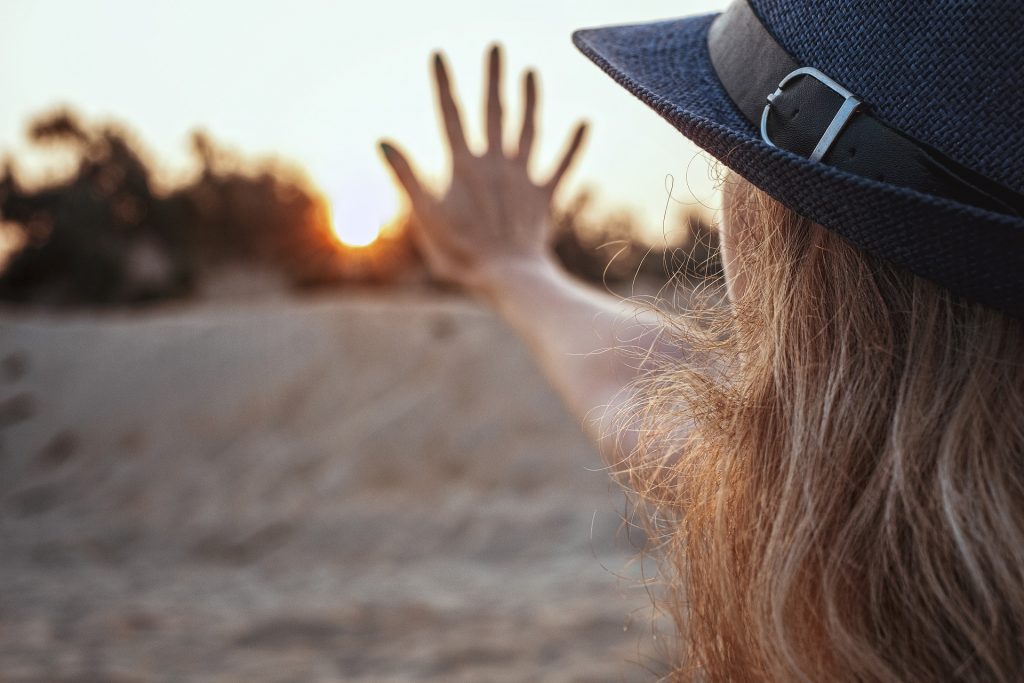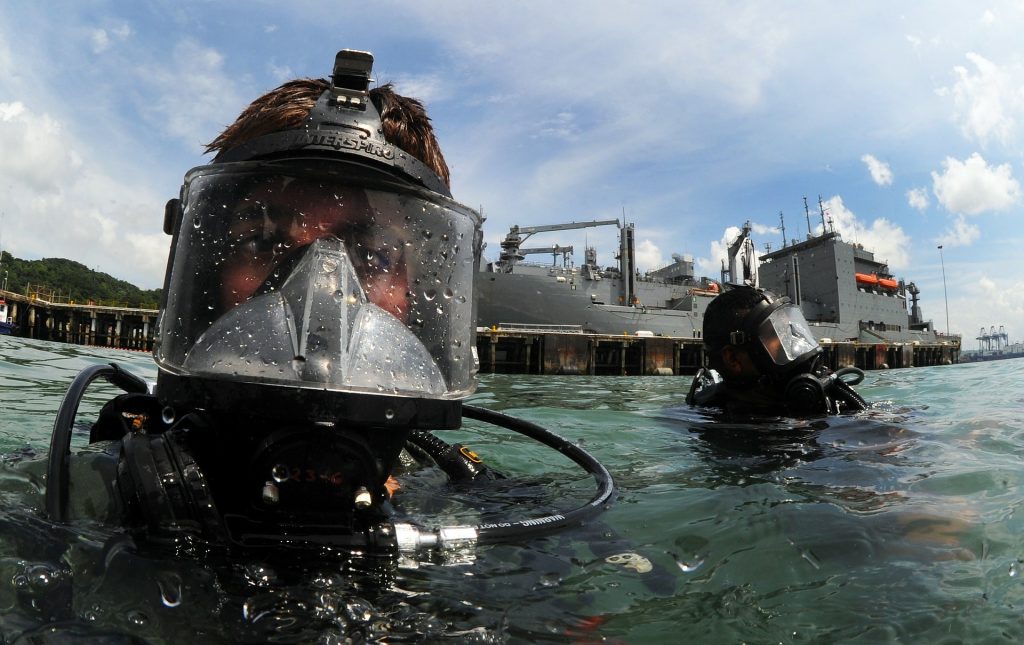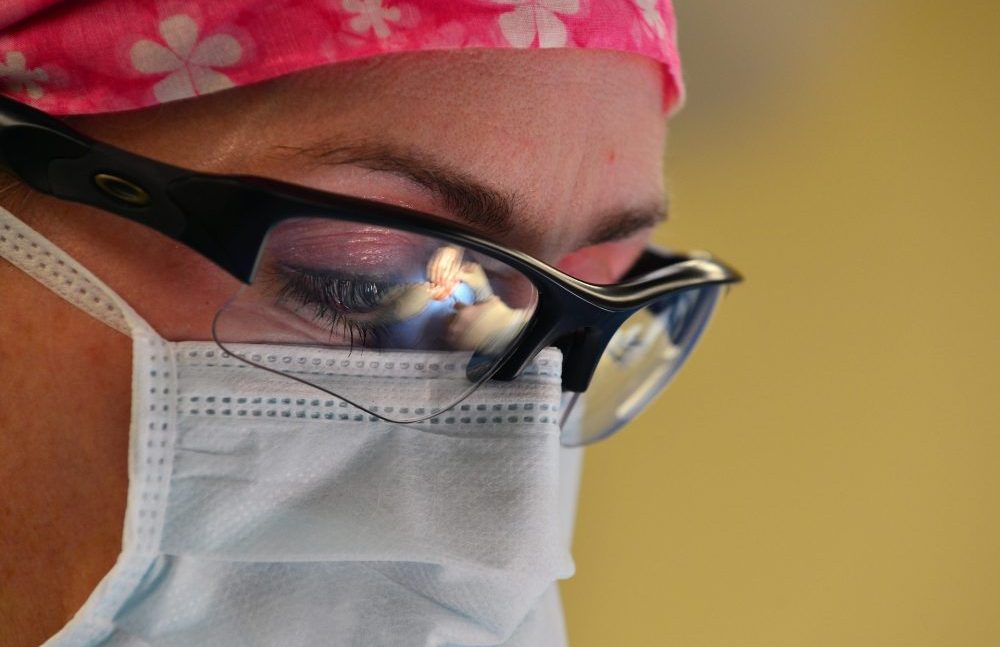Human rights laws in the UK don’t provide a right to healthcare or a right to be healthy. However, people have been able to rely on human rights laws to protect their right to health and well-being.
You can read our earlier post here on five key UK cases that took steps forward in recognising the importance of human rights in the world of healthcare.
Here we set out five more cases, this time from Europe, in which ordinary people have succeeded in relying upon human rights laws to protect their right to health.
The Right to Adequate Medical Care

Valentin Câmpeanu was born in Romania and abandoned at birth by his parents. He was diagnosed as HIV-positive and as suffering from a severe mental disability. He was placed in an orphanage and then in different medical institutions that were not equipped to give him adequate care, including antiretroviral medication for HIV. He died aged 18 in a psychiatric hospital. The court held that the state had breached his right to life by failing to provide him with adequate medical care or to properly investigate his death.
Organ Transplantation

Mrs Elberte suffered distress after she discovered that forensic experts had removed body tissue from her husband’s body and sent it to a pharmaceutical company in Germany for the creation of bio-implants. The court held that the removal of organs after death without the consent of the deceased or their next of kin is a breach of the right to a private and family Life. The court also found there had been a breach of the prohibition on inhuman and degrading treatment.
Providing Medical Information to the Public

In two separate cases, one brought by Open Door and Dublin Well Women against Ireland, and one brought by Women on Waves against Portugal, the state banned organisations from providing information about abortion to the public. In both cases, the court held that the ban stopping them from providing information or carrying out pro-abortion activities was a breach of their right to freedom of expression.
Exposure to Environmental Hazards

Norwegian divers complained that they were disabled as a result of diving in the North Sea for oil companies between 1965 to 1990. They claimed that Norway had not done enough to protect their health and safety when deep sea diving, or at testing facilities. Norway had not provided enough information for them to understand the risks they were taking. The court said that Norway had breached their right to a private and family life because they had not provided adequate information for the divers to assess the risks.
Liability of Health Professionals

Mr Oyal brought a claim against Turkey because he had been infected with HIV by blood transfusions at birth, caused by the very poor standard of care the medical staff provided. He and his parents argued that the state should have provided him with full and free medical cover for life. The court said that the authorities had breached Mr Oyal’s right to life.
These cases are important because they demonstrate how human rights laws can be relied upon to protect our basic rights when we are being treated in the healthcare system.
Read more about the human rights relied on in health care cases in our fabulous infographics here:
- The right to life: Article 2 here
- The prohibition on torture and inhuman and degrading treatment: Article 3 here
- The right to a private and family life: Article 8 here
- The right to freedom of expression: Article 10 here






